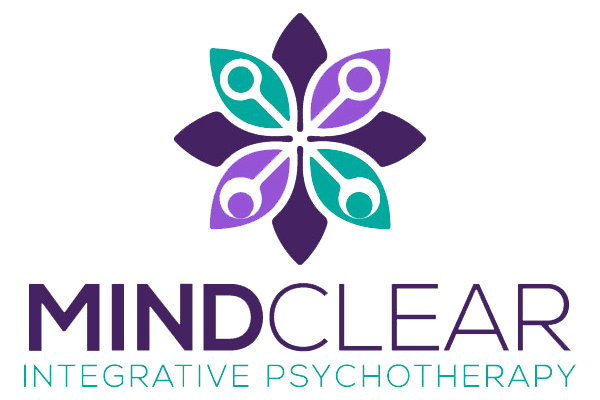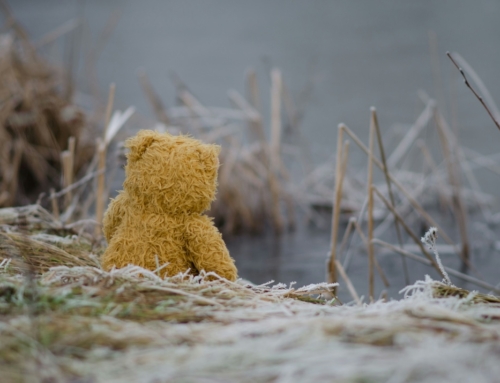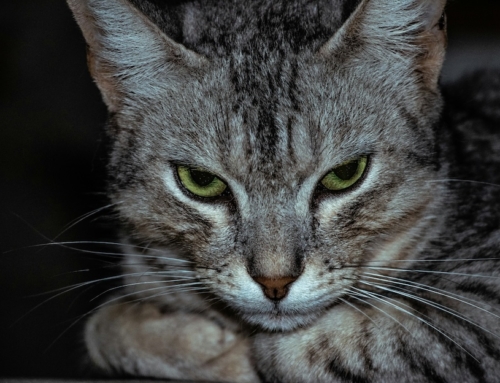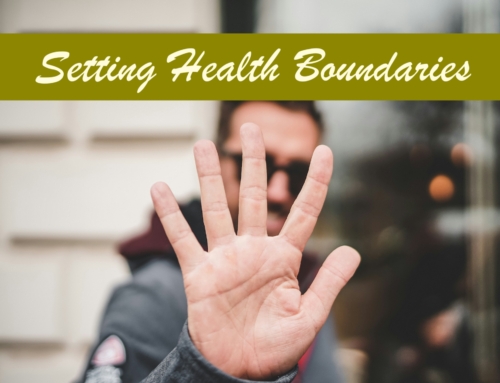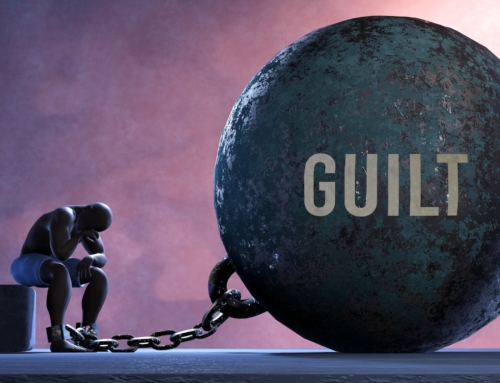Bullying: When the bully lives on inside you

Bullying is a distinct form of trauma that often goes ignored or dismissed. While many might believe that something that happened so long ago or that happens to all kids or that wasn’t that big of a deal shouldn’t affect you now, this just isn’t true.
No one likes to be made fun of or picked on at any age. When one is a kid, though, such experiences can create deep wounds that can have lasting effects throughout the course of one’s life.
Forms of bullying
One of the most common phenomena in reaction to painful events is to minimize or even normalize such experiences. While up to a third of kids have experienced some kind of bullying by the time they’ve graduated, this doesn’t mean that it’s ok or even normal. It’s still harmful and it does have lasting consequences.
Sticks and stones will hurt your bones, but sometimes words hurt even worse. In fact, our brains process painful emotions in almost the same way as physical pain.
So let’s be clear what is considered “bad enough” to be called bullying.
- Leaving you out on purpose or because they think it’s funny
- Sending photos of you to others when you didn’t ok it
- Gossiping
- Making fun of you in a mean spirited way
- Playing pranks when you aren’t ok with it
- Spreading lies about you
- Calling you names
- Physically assaulting, restraining, or hurting you in any way
Long-term consequences of bullying
If you think that cruel words do not hurt you, check out this video of a school experiment where kids “bullied” a plant:
Or this “rice experiment” that no matter how many people or times it’s done, the results are the same…
In general, bullying in childhood is associated with adult depression, social anxiety, and psychosis. Of course, context matters and not everyone who has experienced some form of bullying will go on to have long-term consequences or severe emotional distress. Nonetheless, many do.
The worse or long-lasting the bullying, the more severe the consequences. Other factors also matter, like family life, other peer relationships, and how old a person was when it happened.
A child’s most formative years are thought to be before age 5 and largely based in family dynamics. However, throughout a child’s school years and adolescence, the social experiences one has with peers create the basis for one’s social identity and future relationships. At the same time, the older a child is when they are bullied, the better off they are.
As bad as the experience of bullying is at the time, when it continues on within you it takes on a life of its own. Often, it appears in the form of self-hatred, shame, social anxiety, suicidality, or other self-critical or destructive behaviors. You may constantly see danger or predators where there are none. Anger may frequently arise around certain types of people or in innocuous situations. Intense fears of rejection tend to underlie many social interactions making it nearly impossible to enjoy socializing or feel free to just be you.
And, these patterns get repeated unconsciously again and again through poor peer relationships or self-image problems.
Why do people bully?
There are many reasons kids are cruel to other kids (or, let’s be for real, adults being cruel to others too). Often times, it has to do with power. Taunting or physically picking on someone else can provide a sense of superiority to the bully, momentarily providing an illusion of esteem, control, and strength. Bullies tend to learn that this method works for them over time, and haven’t, unfortunately, really found any other means by which they can feel good about themselves.
People also tend to hurt other people because they are hurting. They might have learned that such behavior is just how people treat one another, like in the case of a kid who’s being abused at home only to abuse others once he gets to school. They also might just not have found any other way to release their anger, and so they quickly find the easiest prey to unleash it upon.
Too frequently, people bully simply because it gives them social standing. Whether they are the ones who initiated the bullying or are chiming in from the sidelines, this behavior sadly tends to help a person fit in or be admired by others.
Surprisingly, perhaps, a bully might also be jealous of the target of his or her cruelty. By putting the other down in some way, then it appears to wipe out whatever was creating the jealousy in the first place.
At the end of the day, people bully others because they don’t know how else to get whatever it is that they are looking for or need. They FOR SURE do not do it because there is something inherently wrong with the victim or because the victim deserves it.
No one ever deserves to be bullied.
How to stand up to the bully inside
Once you can see that a bully is also hurting, and that you DO NOT DESERVE to be treated that way, it might begin to seem a little less daunting to stand up to those tormentors that live on in your own head. The cruel voices that tell you you’re not good enough, no one likes you, you’re too fat, too ugly, too stupid, etc.
At some point you must say enough is enough! No more! I don’t deserve this!
Those voices are nothing more than hurt and fear. Ask yourself what you or they might be afraid of- rejection? Humiliation? Being a ‘bad’ person?
Whatever the fear, know that we all have some amount of that fear within us. What makes some more confident than others is knowing, rationally, that those fears have no merit and so do not get to control us.
Try negotiating as if you were a teacher, mentor, coach, or even a therapist between you and those voices. Be the adult that your inner child never had to rely on. What might that look like?
Look for counter-arguments – How many people tell you that your fears and beliefs are just not true? Try believing them. Try noticing the moments where someone likes you, accepts you, cares for you, etc. instead of only noticing those moments where there’s a possibility otherwise.
We all have people who don’t like us or look down upon us. Why choose to give them power?
More important than anything, remember: YOU DO NOT DESERVE TO BE TREATED THAT WAY.

